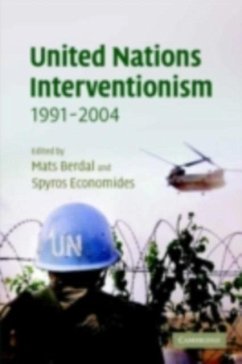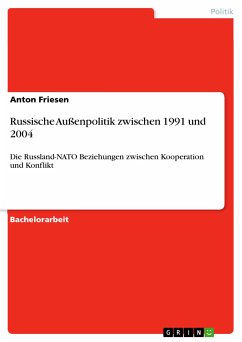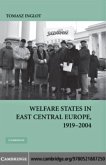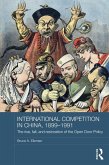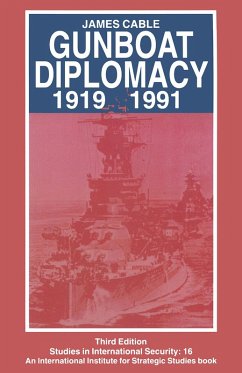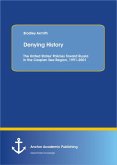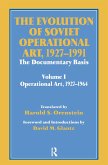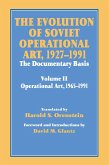After years of paralysis, the 1990s saw an explosion in the number of United Nations field operations around the world. In terms of scope and level of ambition, these interventions went beyond the tried and tested principles of classical UN peacekeeping. Indeed, in some cases - such as Cambodia, Kosovo and East Timor - the UN presence assumed the form of quasi-protectorates designed to steer war-torn and deeply divided societies towards lasting peace. This book examines the UN's performance and assesses the wider impact of 'new interventionism' on international order and the study of international relations. Featuring eight case studies of major UN interventions and an introductory chapter outlining the most important theoretical and political features of the international system which have led to the increased interventionary practices of the UN, this book will appeal to students and researchers in international relations and international organizations.
Dieser Download kann aus rechtlichen Gründen nur mit Rechnungsadresse in A, B, BG, CY, CZ, D, DK, EW, E, FIN, F, GR, HR, H, IRL, I, LT, L, LR, M, NL, PL, P, R, S, SLO, SK ausgeliefert werden.

